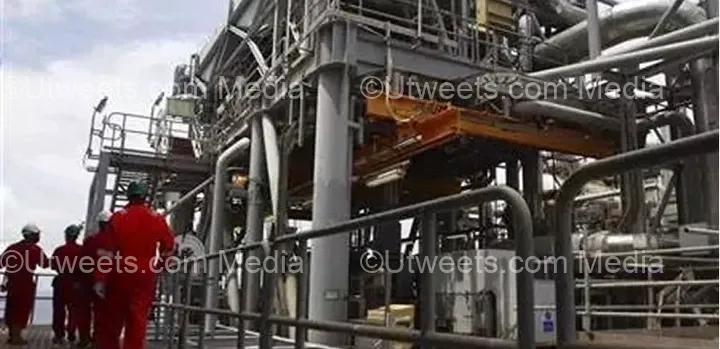The recent reactivation of the Port Harcourt refinery is a major development for Nigeria’s oil industry, but the question arises: can the Nigerian National Petroleum Company Limited (NNPCL) compete with Dangote in the refining sector? ...Tap To Read The Full Story Here | ..Tap To Read The Full Story Here...
For years, Nigeria’s refineries have faced challenges such as outdated equipment, poor maintenance, and corruption, leading to a significant drop in refining capacity. The Port Harcourt refinery, which has been out of operation since 2019, is now back in action after undergoing rehabilitation, but there is still uncertainty about its long-term viability.
On the other hand, the Dangote refinery, one of the largest in Africa, is already operating at full capacity, processing large volumes of crude oil and producing a variety of petroleum products for both domestic and international markets.
The revival of the Port Harcourt refinery
The Port Harcourt refinery, located in the Alesa Eleme refinery complex, has a combined capacity of 210,000 barrels per day (bpd). It was originally commissioned in 1965, but the refinery had struggled for years before its closure in 2019 for a major overhaul.
NNPCL, under the leadership of Mele Kyari, has now managed to restart operations at the refinery, starting with a modest 60,000 bpd, with plans to increase this capacity as more upgrades are completed.
The first product deliveries began in early 2024, with trucks loading petroleum products such as petrol, diesel, and kerosene. This marks a significant milestone for the country, as Nigeria has long relied on imported refined fuel due to the inefficiency of its domestic refineries. NNPCL’s goal is to gradually ramp up the refinery’s output to reduce the country’s dependency on foreign imports and even become a net exporter of petroleum products.
Dangote Refinery’s Advantage
In contrast, the Dangote refinery, owned by billionaire Aliko Dangote, is already operational and has a refining capacity of 650,000 bpd, far exceeding the combined capacity of Nigeria’s four state-owned refineries.
Located in Lagos, the Dangote refinery is one of the largest in the world and is positioned to meet both local and international demand for refined oil products.
The Dangote refinery is designed to process crude oil from Nigeria and abroad, and it is integrated with other petrochemical facilities, giving it an edge in terms of diversification and scale.
Additionally, the Dangote refinery is built with modern technology and is designed to operate more efficiently, reducing the need for expensive imports and ensuring a steady supply of refined products.
Can NNPCL Compete?
NNPCL faces several challenges if it hopes to compete with Dangote in the refining sector. First, the rehabilitation of the Port Harcourt refinery has been a long and challenging process, with numerous delays and missed deadlines.
While NNPCL has made progress, the refinery’s operational capacity still lags far behind Dangote’s. Even if it reaches its maximum capacity of 210,000 bpd, it would still be a fraction of Dangote’s output.
Another challenge for NNPCL is the aging infrastructure at many of its refineries. While the Port Harcourt refinery is now operational, the plant has struggled with maintenance issues over the years, leading to inefficiencies and underperformance.
NNPCL will need to invest heavily in modernizing its refineries and ensuring that they can operate at full capacity to compete with Dangote, which is already operating at a high level of efficiency.
Additionally, Dangote’s refinery benefits from its owner’s business acumen, financial resources, and ability to secure large-scale investments. This has allowed Dangote to build a refinery that is not only large in scale but also highly efficient, making it a formidable player in the global oil market.
NNPCL, on the other hand, has been hampered by government bureaucracy, funding challenges, and a history of mismanagement in the oil sector.
What to expect
Despite these challenges, NNPCL’s success in reviving the Port Harcourt refinery offers hope for Nigeria’s refining future. If the refinery can operate at full capacity and the government continues to support its development, it could play a key role in reducing Nigeria’s reliance on imported fuel.
However, to truly compete with Dangote, NNPCL will need to focus on modernizing its refineries, improving efficiency, and attracting investment.
Additionally, the NNPCL faces competition from other private players in the market who may also see opportunities in the Nigerian refining sector. While Dangote remains the dominant force, NNPCL’s efforts to rehabilitate its refineries, including the upcoming work on the Warri and Kaduna refineries, could help level the playing field.…READ THE FULL STORY FROM SOURCE : …READ THE FULL STORY FROM SOURCE
watch before it’s deleted| meet Ghanaian p0.rn star who made a pr!vate video with 6 men, promised to make more videos with 10 men.



